Subject
We are your go to resource for all your academic needs. Get the support you deserve in any filed of study!

COMPUTER SCIENCE ENGINEERING
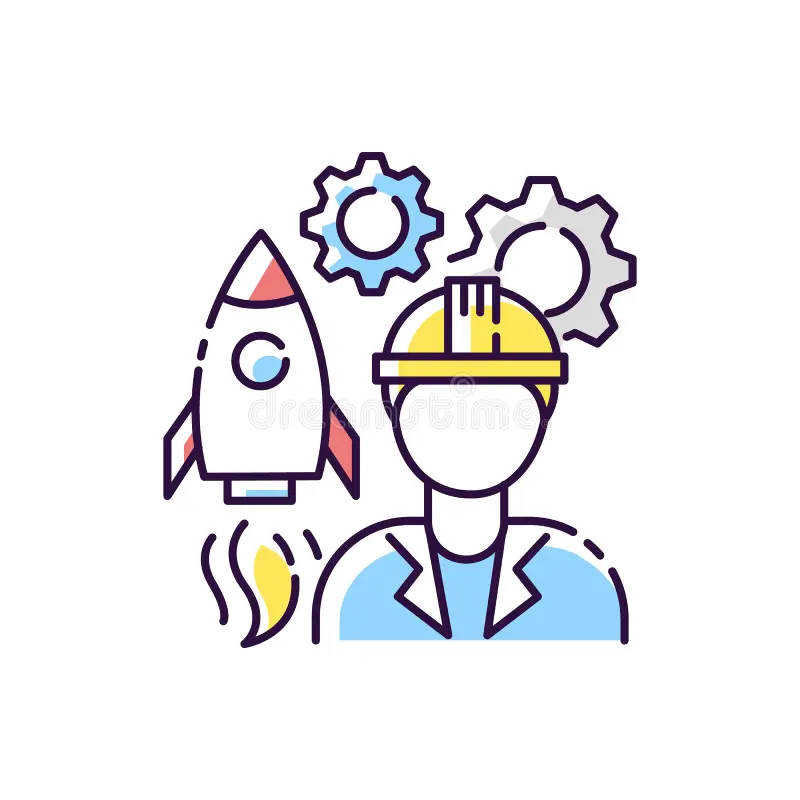
AERONAUTICAL ENGINEERING
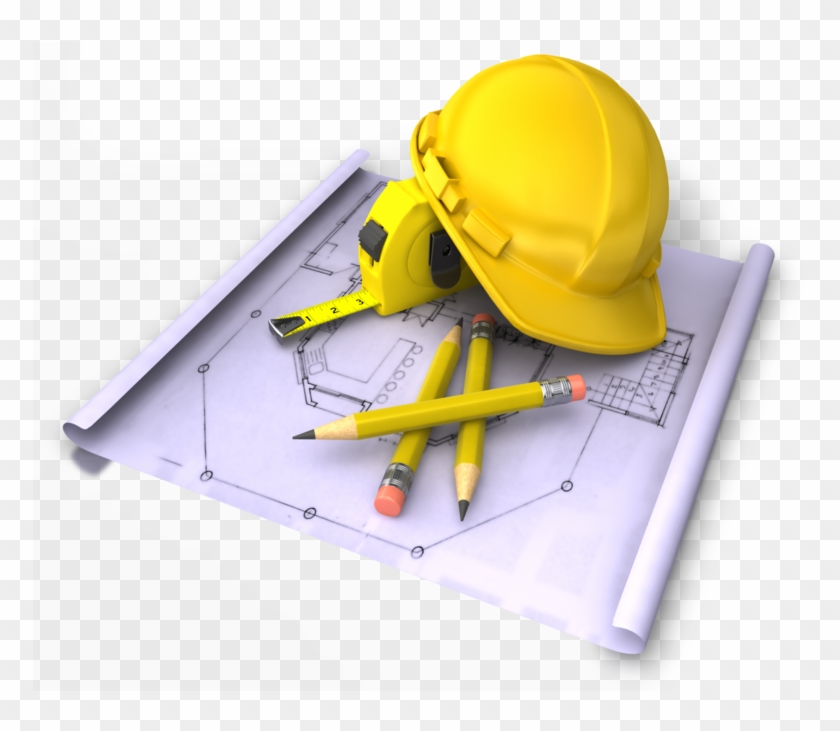
CIVIL ENGINEERING
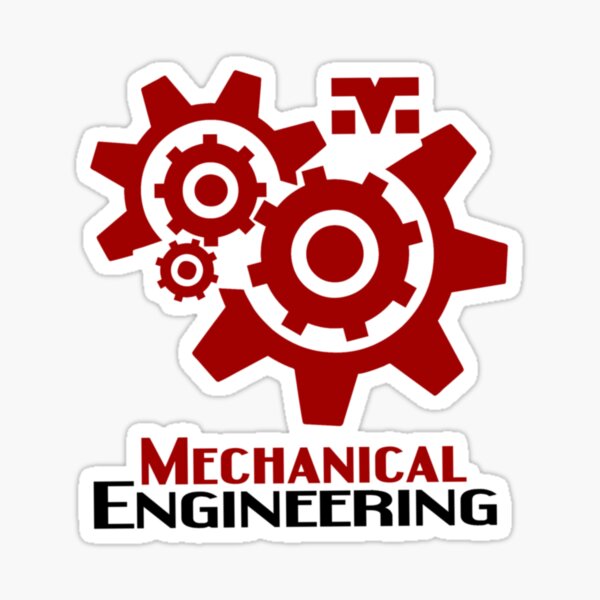
MECHANICAL ENGINEERING
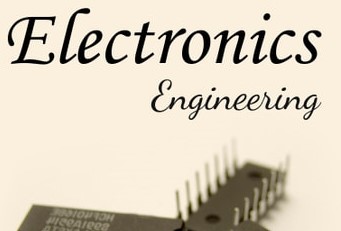
ELECTRONICS ENGINEERING
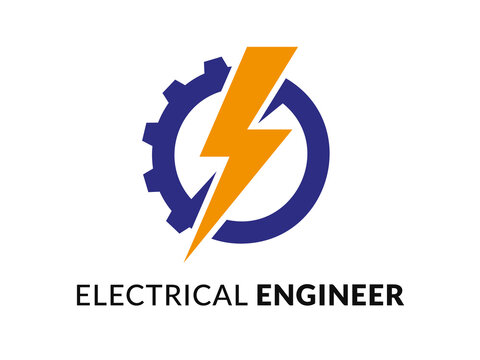
ELECTRICAL ENGINEERING
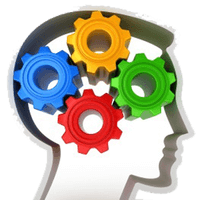
Quantitative Aptitude

GEOGRAPHY ( COLLEGE LEVEL )
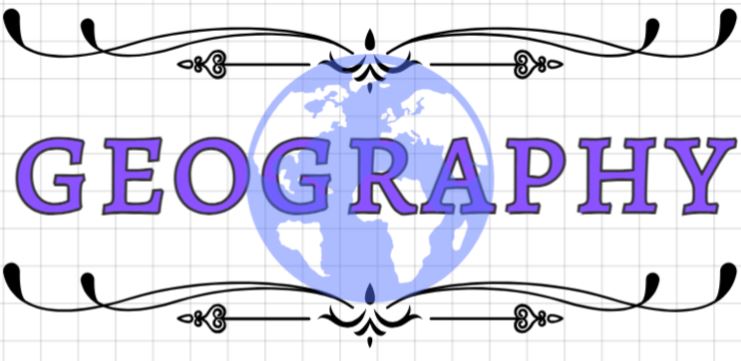
GEOGRAPHY ( SCHOOL LEVEL )

HISTORY ( SCHOOL LEVEL)

HISTORY ( COLLEGE LEVEL)

ECONOMICS (SCHOOL LEVEL)

ECONOMICS (COLLEGE LEVEL)
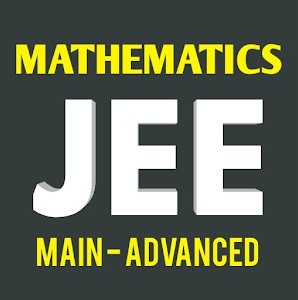
JEE MATHS
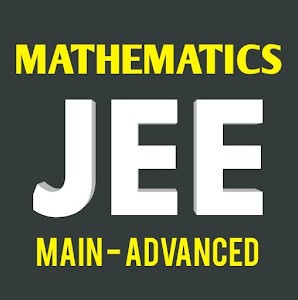
MATHEMATICS (JEE Main & Advanced)
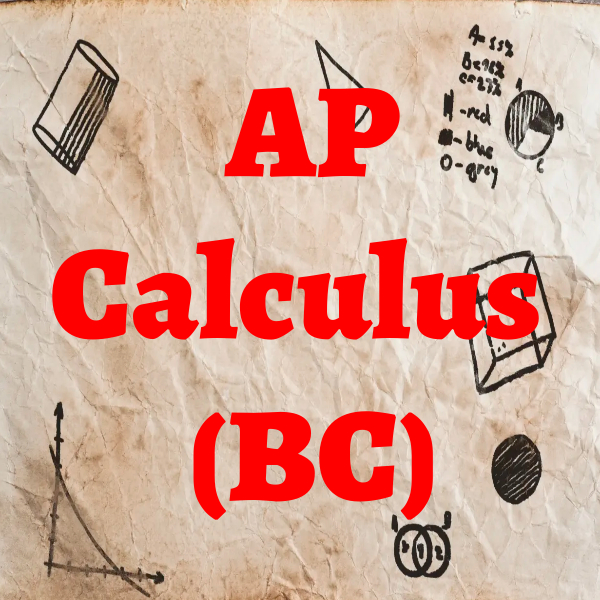
AP Calculus (BC)

IB MATHS

MATHEMATICS (SCHOOL LEVEL)

NEET CHEMISTRY

JEE CHEMISTRY

NEET BIOLOGY

IB BIOLOGY

AP BIOLOGY
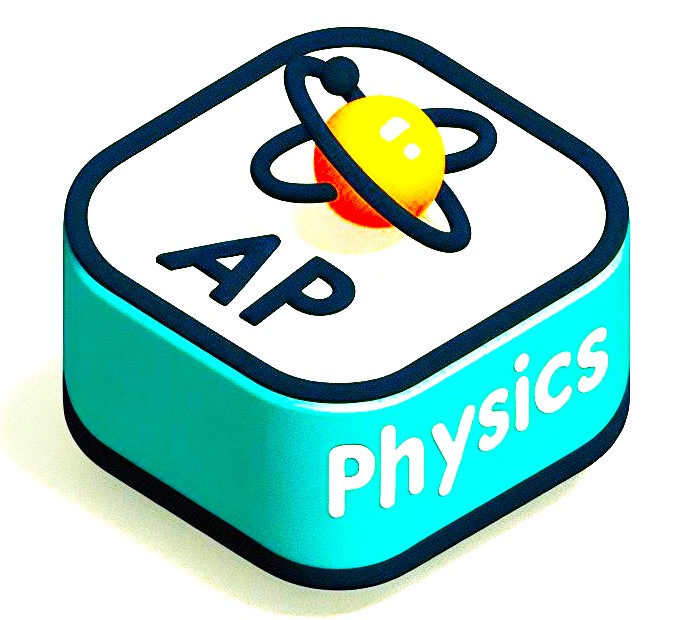
AP PHYSICS 1 & 2
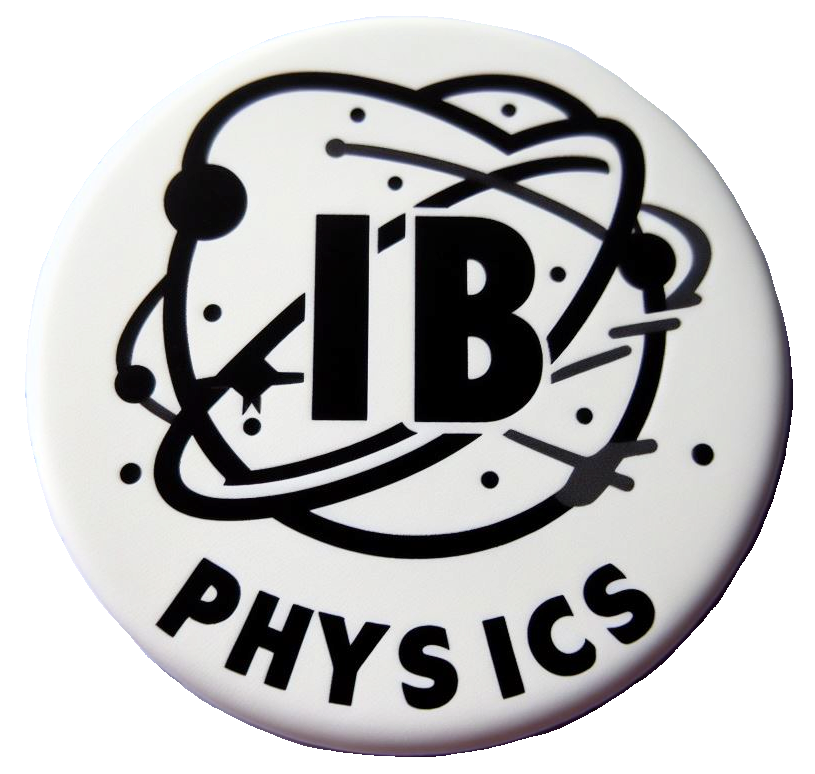
IB Physics SL and HL
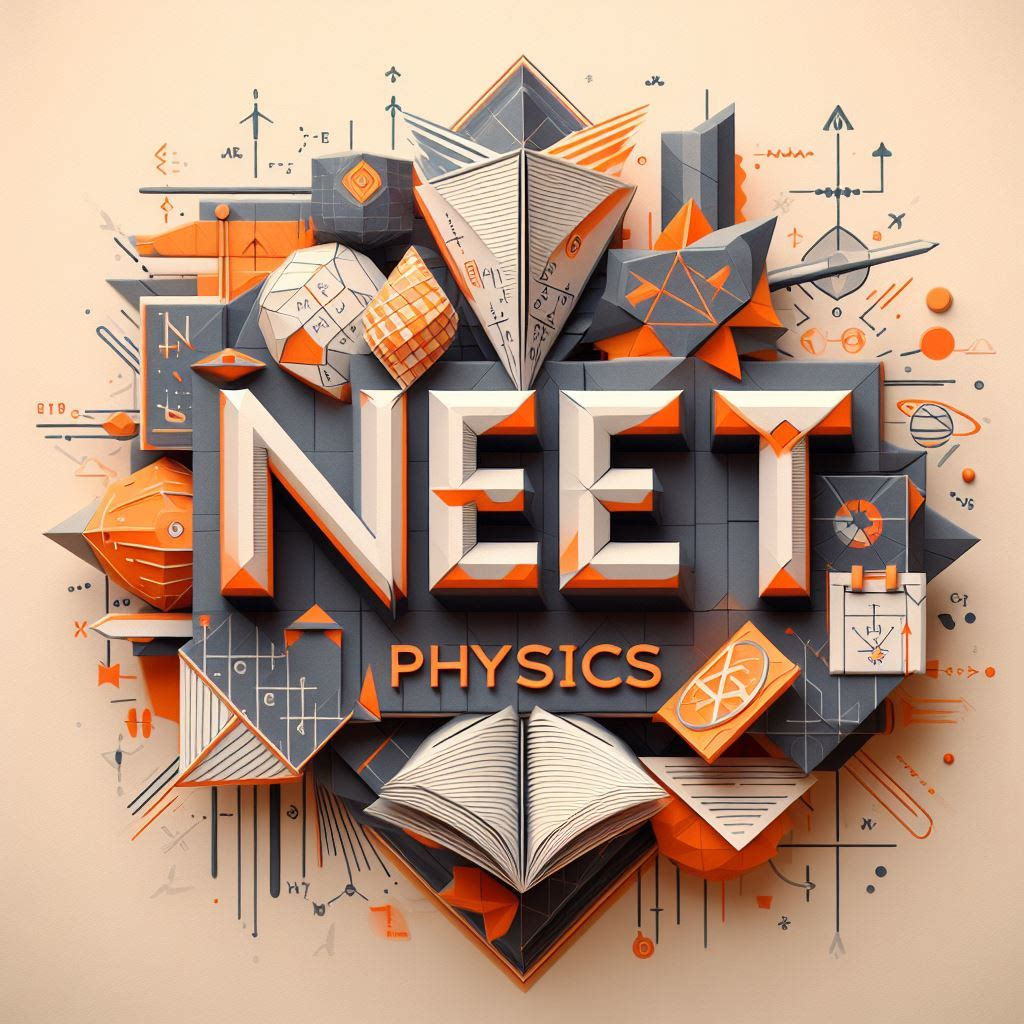
NEET PHYSICS
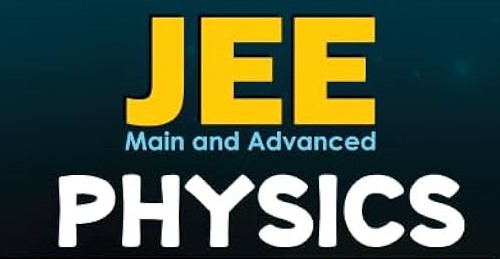
JEE PHYSICS
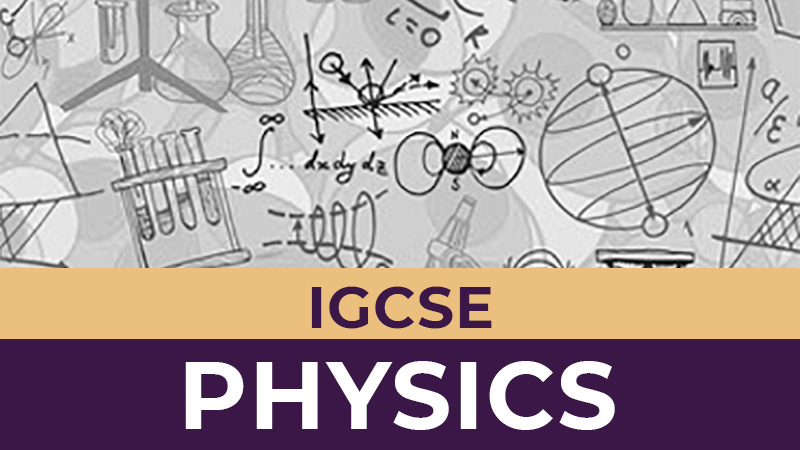
IGCSE Physics
Transitioning from undergraduate studies to engineering can pose significant challenges. Over the past 15 years, numerous bright students have faced difficulties with core engineering subjects such as Statics, Dynamics, Mechanics of Materials, Statistics and Probability, Thermodynamics, Fluid Mechanics, and Structural Analysis.
A strong grasp of Physics and Calculus is essential for mastering these subjects. Physics, often regarded as the foundation of all sciences, and Calculus, the language of mathematics, play crucial roles in engineering education. Without a solid foundation in these areas, tackling engineering subjects becomes daunting.
To overcome struggles in core engineering disciplines, it's vital to prioritize mastering Physics and Calculus. A solid understanding of these subjects lays the groundwork for smoother progression in more advanced topics.
Physics and Calculus serve as the bedrock for core Mechanical Engineering subjects, starting with Engineering Statics, also known as Mechanics-1. This is followed by Engineering Dynamics, or Mechanics-2, and Mechanics of Materials (often abbreviated as MOM or Strength of Materials).
Proficiency in these foundational subjects opens the door to exploring real-world engineering applications such as Design and Manufacturing. While Statistics and Probability may seem unrelated to engineering, they find extensive applications across various fields, including Business and Finance.
Subjects like Thermodynamics, Fluid Mechanics, and Structural Analysis further expand the scope of engineering knowledge, offering insights into complex systems and structures. Emphasizing a strong foundation in Physics and Calculus is key to success in navigating the multifaceted landscape of engineering education.
Physics
Physics serves as the cornerstone of all scientific and engineering disciplines, laying the foundation for understanding the natural world and its phenomena. Prior to delving into more specialized areas of study, students are introduced to Engineering Physics-1 and 2, which cover fundamental principles. Physics-1 primarily focuses on mechanics, while Physics-2 delves into electricity and magnetism. However, Physics-3, which centers on modern physics, is less common among engineering students due to its limited relevance to their field. Nevertheless, access to top-tier tutors can greatly enhance one's grasp of physics concepts.
Master Physics with Expert Online Tutors
Achieve A+ Grades! Encountering difficulties with physics? Our exceptional tutors offer comprehensive support for High School, College, Engineering, IB, AP (1, 2 & C), IGCSE, MCAT Physics, and more! Master complex topics including Mechanics, Electromagnetism, Thermodynamics, Optics, Modern Physics, and Applied Physics (Astronomy, Astrophysics). Secure the A+ grades you deserve!
Calculus
Calculus serves as the language of mathematics, facilitating communication within the realms of science and engineering. A solid understanding of calculus is essential for navigating advanced engineering applications. The discipline comprises four main components: Calculus-1, 2, 3, and 4. Calculus-1 introduces foundational concepts such as limits, differentiation, and integration. Building upon this, Calculus-2 explores applications and topics like sequences, series, convergence, and divergence. Calculus-3 extends these principles into two and three variables, incorporating vector calculus, divergence, curl, and multiple integrals. Finally, Calculus-4 encompasses the study of differential equations.
Statistics
Statistics plays a pivotal role in analyzing vast amounts of data and underpins scientific research across various domains. Probability, a core component of statistics, enables predictions based on existing knowledge. The synergy between probability and statistics enhances understanding and aids decision-making processes. This subject is not only pertinent to engineering graduates but also to students in finance and business disciplines.
Engineering Statics
Engineering Statics, also known as Mechanics-1 or Statics, builds upon the principles of stationary objects' mechanics. While similar in concept to basic mechanics, Statics focuses on equilibrium in three dimensions, trusses, and frames. Proficiency in Statics lays the groundwork for Engineering Mechanics-2 (Dynamics) and solid mechanics. Despite relying on relatively few concepts, Statics poses challenges, particularly with intricate spatial geometries..
Engineering Dynamics
Engineering Dynamics, or Mechanics-2, delves into the study of moving objects, presenting greater complexity compared to Statics. Dynamics entails dealing with nonzero net forces and moments, necessitating additional considerations and leading to more intricate problem-solving approaches. Its applications span across various engineering disciplines, with significant relevance to mechanical engineering and beyond.
Electrical & Electronics Engineering
Expert Electrical & Electronics Engineering Tutors Online
Achieve Excellence in Electrical & Electronics Engineering with Our Online Tutors Our expert tutors specialize in Electrical & Electronics Engineering, guiding students through courses on Circuits (Electrical & Electronic), Analog & Digital Electronics, Machines, Power Systems, Control Systems, Signals, and more. Attain A+ grades in assignments and exams with personalized support and comprehensive understanding of key concepts.
